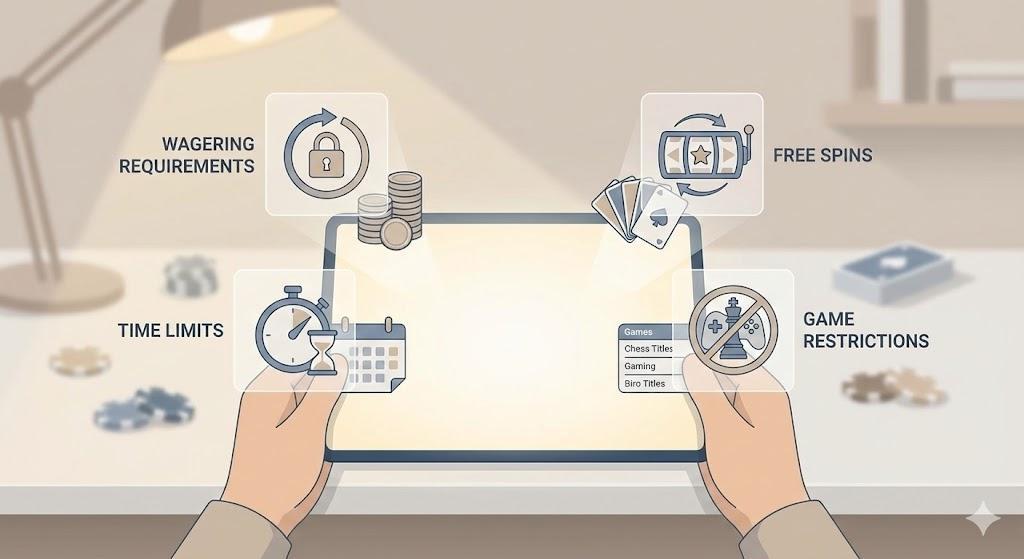In recent years, the digital world has gained a greater grip on our everyday lives with more daily processes and tasks achieved at the click of a few buttons on mobiles apps. As a result of the increased time spent in the online world, entertainment options in the United Kingdom such as online casino play have enjoyed a large profile boost with more operators and users entering the scene.
However, the online realm poses many challenges, mainly due to the intangible nature of the space and with any new phenomenon that rapidly grows in popularity, an element of caution also needs to be exuded. The online casino industry in the UK is regarded as one of the most lucrative in the world, but as a leader in the industry, it is not only on the gaming floor that the UK has been setting examples.
In recent years, the UK Gambling Commission (UKGC), along with the UK government and self-exclusion organisations such as GAMSTOP and GamCare, has been redrawing the boundaries in online security and wellbeing with a raft of new regulations that have placed restrictions on online game play, while also raising the awareness of online gambling addiction. What exactly has changed in the past years and what can we also expect in the near future?
Table of Contents
ToggleWatch the Wallet
Many of the regulations introduced in the past couple of years have been aimed at raising awareness of people’s spending. In 2024, two significant regulations were proposed that showed the UKGC’s intent to prevent people from becoming addicted to gambling. Age dependent wagering limits on online slots games on online casinos licensed in the UK were imposed in April and May this year to stop people potentially spending beyond their means with a wagering cap of £5 for over 25’s and £2 for players aged between 18-24.
Prior to the implementation of these limits, another regulation monitoring overall losses per month was put into effect from August 2024. From this date, “frictionless” affordability checks were to be conducted on players that lost £500 or more in a month. This threshold was reduced to £150 in February this year, but nevertheless, the concern over overspending on online gambling websites was apparent.
A potential development resulting from these regulations introduced could be the migration of UK-based players to non-UK casinos that provide games without any limits or restrictions. With open access to these and other international online casinos, there are alternative options that UK players are turning to. However, this comes with the risk of being outside the UK’s jurisdiction and outside the UK’s sphere of assistance and support.
Know Your Limit
Alongside the limits and financial checks, the UKGC are collaborating more with operators to improve personal safety when gambling online. From 31st October 2025, UK-licensed online casinos will be required to prompt their customers to set a limit before a first deposit is made and send reminders every six months to check their account and financial activity.
The regulation is aimed at raising awareness of the money being deposited and spent on online casinos to try and normalise and regulate the thinking towards how people monitor their weekly food shop for example. This regulation, along with the banning of autoplay and quick spin features on online slots games implemented in January 2025, is an indication of the approach the UKGC is taking to clamp down on gambling addiction.
Despite the fact the UK is leading the way in the number of regulations introduced, it remains one of the leading markets in terms of revenue in an industry that will continue to develop and evolve.





